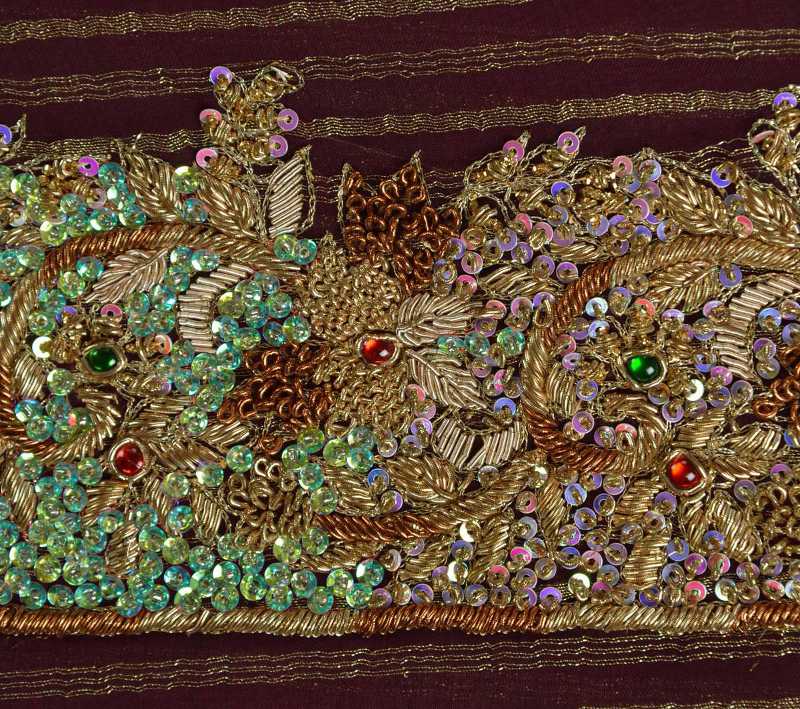===
0256,
5
===

=== |
 |
shakl : 'Likeness, resemblance, semblance, appearance, image, effigy ... ; model, pattern, mode, manner (syn. mi;saal ); shape, form, figure'. (Platts p.72)
tim;saal : 'Resemblance, likeness, picture, portrait, image, effigy'. (Platts p.336)
.sifat : '—adj. Like, resembling (used as last member of compounds)'. (Platts p.745)
dar aanaa : 'To come out, to issue'. (Platts p.508)
baaz : '(adj.) Thrown back, open'. (Platts p.121)
ek : 'One, single, sole, alone, only, a, an; the same, identical; only one; a certain one; single of its kind, unique, singular, preëminent, excellent'. (Platts p.113)
FWP:
SETS == EK
MOTIFS == [BELOVED IS GOD]; MIRROR
NAMES
TERMS'The world is an open door' is a straightforward metaphor; it makes entering into it sound easy and even inviting. But 'the world, like a mirror, is an open door' is an entirely different proposition. For a mirror is in some ways like an open door (it seems to contain within it a whole tempting alternative world), but in other ways not at all like an open door (it's a flat piece of metal or glass that can't possibly offer 'entry').
Thus, as SRF observes, the beloved can be invited into the world only in a non-physical sense: the sense in which a reflection can be 'invited' into a mirror. This means that even a human beloved can only be invited to enter the world in an entirely imaginary or idealized form, so that her identity as an 'idol' tends to merge into that of a deity. This does seem to be a verse in which the beloved is basically envisioned as divine.
Pairs of words like shakl and tim;saal are always so piquant. They have a great deal of semantic overlap (see the definitions above). But shakl also has a secondary meaning of 'model, manner'-- which is however itself synonymous with mi;saal (derived of course from the same root as tim;saal ). Other than the wordplay, what are we to make of them?
And the fact that dar aa means 'come out, emerge'-- does it suggest that the divine beloved is already around, but hidden or veiled in some invisible inward realm? And the fact that dar-e baaz means not just an open door, but a door that has been 'thrown back'-- should that subtlety enter into our reading of the verse? Is the world spreading itself in hopeful welcome? Has some other power 'thrown back' the door of the world, to invite the divine to enter? This highly abstract verse feels very Ghalibian to me. At what point does subtlety become over-reading?
Of course, it's easy to say that Mir used dar-e baaz because he need it for the rhyme; and it's no doubt true that he came upon the image while running rhyme-possibilities through his head. But having found it, he did use it; and for such a manifestly subtle poet, where is the end of interpretation? In a way, the problem when reading Mir is even more difficult than when reading Ghalib, because of it's so often elusive rather than overt.